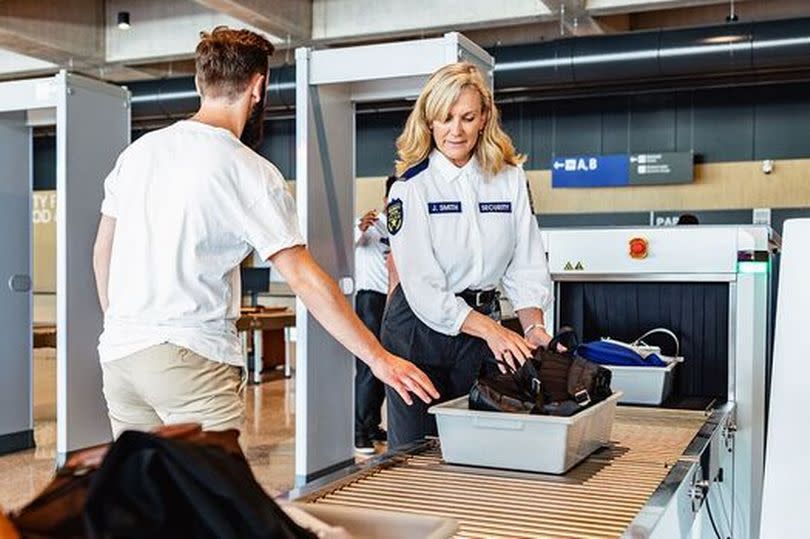UK airport security changes mean that hummus and these other foods are off the menu

The price of food at airports is skyrocketing, with retailers charging up to 48 per cent more for snacks and beverages at airports and train stations than on the high street, according to fresh research by The Mirror. Many airlines, including British Airways, which scrapped its complimentary onboard dining on short-haul routes in favour of a paid menu, also charge passengers for meals during flights.
As a result, it's hardly surprising that an increasing number of travellers are bringing their own snacks to the airport. However, certain common food items could lead to you being stopped and searched at security, and even losing your snacks.
While some airports across the UK are introducing changes, liquid rules remain in place at many flight hubs both domestically and internationally, reports the Express.
READ MORE: OAP diver died in Orkney after being struck by boat propellor while exploring warship
At the time of writing, the UK Government website states: "If you do take liquids in your hand luggage containers must hold no more than 100ml. Containers must be in a single, transparent, resealable plastic bag, which holds no more than a litre and measures approximately 20cm x 20cm and contents must fit comfortably inside the bag so it can be sealed."
Although most people are aware that water and drinks are included in the liquid ban, there are some foods that you might not realise are classified as liquids. Hummus is one such culprit.
Despite being more of a paste than a liquid, this Middle Eastern dip made from chickpeas and tahini can still be confiscated from travellers at security. Other dips such as guacamole or salsa are also bound by the same rules.
A travel expert from Ski Vertigo added: "Certain food items, especially those that are liquid or gel-like, such as peanut butter, jam, or yoghurt, are subject to the liquids rule."
"Solid foods generally pass through security without issues, but any food that can be spread, squirted, or poured may be confiscated if it exceeds the allowed liquid limits. Food items can also trigger additional screening if they appear suspicious on the X-ray."
While some UK airports have started using advanced CT scanners, which could eventually do away with the current liquid restrictions, many others are lagging behind in adopting this technology. Even if you're flying out from a UK airport equipped with these new scanners, remember that numerous international airports still enforce the traditional liquid regulations.
A Department of Transport spokesperson advised: "Passengers should continue to check security requirements with their departure airport before travelling."
This suggests that it's wise for travellers to adhere to the existing liquid rules until further notice. As of now, there's no confirmed date for when the liquid rules will be completely phased out.

 Yahoo News
Yahoo News 
